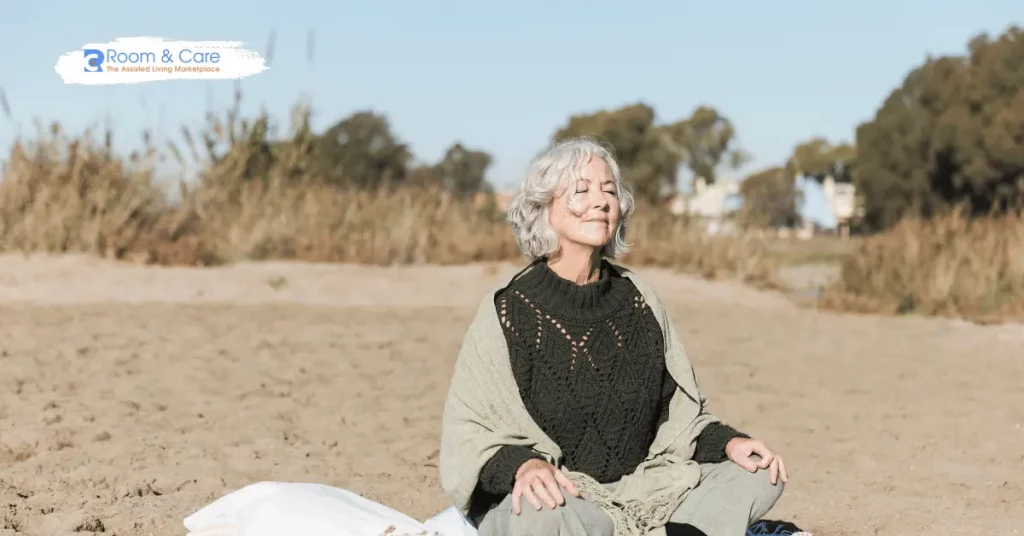

Finding meaningful and enjoyable activities can be challenging, especially when we spend more time alone. However, it is crucial for seniors to stay active and engaged, even when on their own. Whether living independently or in senior living communities like assisted living facilities or nursing homes, there are plenty of things for bored seniors to do alone that can boost their physical health, mental sharpness, and emotional well-being. This comprehensive guide will explore a range of activities that seniors can enjoy solo, offering ideas that cater to various interests and abilities.
It’s important to recognize that spending time alone doesn’t mean being inactive or disconnected. In fact, many activities can be enriching and rewarding when done solo. Staying active and engaged through various hobbies, physical exercises, intellectual pursuits, and creative projects can lead to:
Given these benefits, let’s explore a variety of activities that can keep seniors engaged, happy, and healthy.
For seniors looking for things to do alone, arts and crafts offer an excellent outlet for creativity and self-expression. Activities like painting, knitting, scrapbooking, or making jewelry provide not only enjoyment but also cognitive and physical benefits.
Senior living communities often provide structured arts and crafts sessions, but even those crafting alone can find joy in creating something unique and beautiful.
Writing is another wonderful solo activity that allows seniors to reflect, create, and communicate. Whether through memoirs, poetry, or daily journaling, writing helps organize thoughts, stimulate creativity, and express emotions.

Staying physically active is vital at any age, and there are numerous low-impact exercises suitable for seniors. Gentle activities like walking, yoga, or tai chi can be performed alone, either at home or in a quiet space within a senior living community.
Senior living communities often have exercise programs designed for residents, providing additional opportunities for physical activity.
Gardening is a therapeutic activity that can be done alone, providing physical exercise and emotional satisfaction. Whether tending to indoor plants, cultivating a small herb garden, or maintaining an outdoor flower bed, gardening offers a connection to nature and a sense of accomplishment.
In assisted living facilities, communal gardens can add a social element to this solitary activity, providing a space for shared gardening or simply enjoying the outdoors together.
Reading is a timeless activity that offers countless benefits, from expanding knowledge to reducing stress. Whether seniors enjoy novels, history books, self-help guides, or magazines, reading can be both a pleasurable and mentally stimulating solo pursuit.
Puzzles and brain games are excellent ways to keep the mind sharp and alert. They provide a fun challenge, helping to improve memory, problem-solving skills, and cognitive function.
The internet offers a wealth of opportunities for learning. Seniors can pick up new skills or hobbies by exploring free or affordable courses, tutorials, and webinars on countless topics.
Virtual travel is an innovative way for seniors to explore new places without leaving their homes. With technology, they can visit famous museums, national parks, historical landmarks, and more.
Meditation and mindfulness practices are excellent ways to reduce stress, improve concentration, and enhance overall emotional well-being. These activities require minimal guidance and can be done at any time of day.
For many seniors, spiritual practices offer comfort and meaning. Reading religious texts, reflecting on life’s purpose, or engaging in prayer can provide emotional solace and a sense of connection.

Creating a personalized activity plan is a practical way to ensure seniors stay engaged in activities they enjoy. This plan should be flexible and cater to personal preferences, abilities, and daily routines.
For seniors with limited mobility, consider activities like chair yoga, reading, writing, crafting, or digital activities like learning online or virtual travel. These activities can be adapted to various physical abilities and require minimal movement.
Assisted living facilities offer numerous resources and programs tailored to support solo activities. These include arts and crafts rooms, libraries, fitness centers, and garden areas. Staff can assist in developing personalized activity plans and offer encouragement and support.
Reading library books, watching free online videos, writing, gardening, and engaging in community programs or online classes are all cost-effective options. Many digital platforms provide free resources, making solo activities more affordable.
Engaging in meaningful activities alone is a wonderful way for seniors to stay active, healthy, and fulfilled. Whether through creative pursuits, physical exercises, intellectual challenges, or digital adventures, there are plenty of ways to make the most of solo time.
If you’re looking for the best senior living options to support an active and engaged lifestyle, visit Room and Care. Our platform offers comprehensive listings of assisted living facilities, adult family homes, memory care facilities, nursing homes, and independent living communities. Enjoy peace of mind knowing there are no referral fees or middlemen – just direct access to the care you need. Start your journey to a more fulfilling life today!